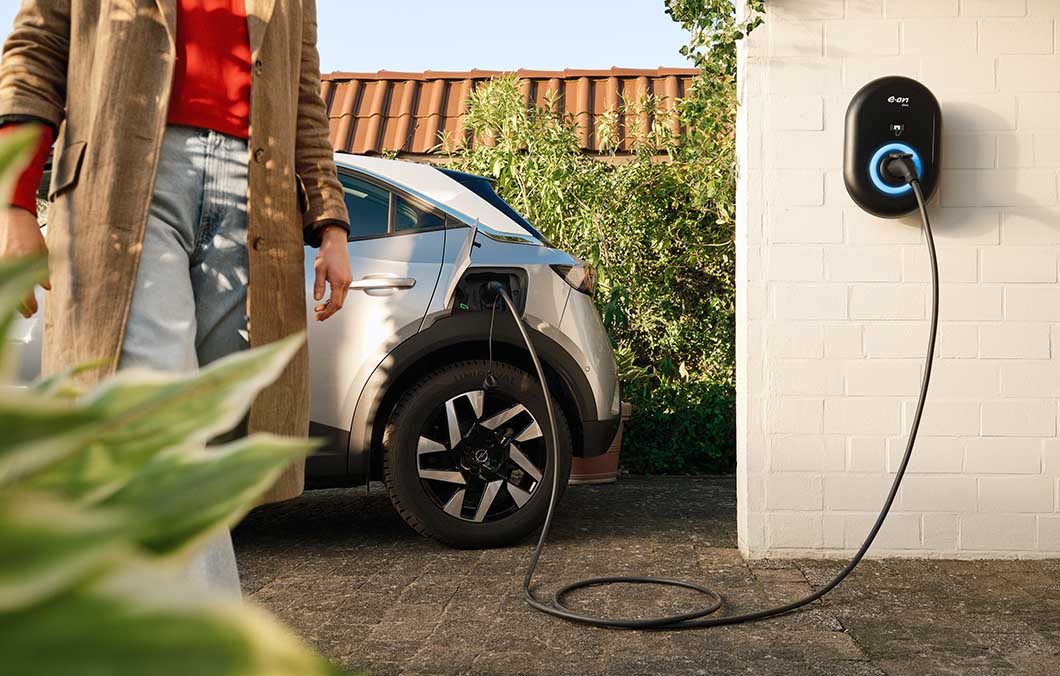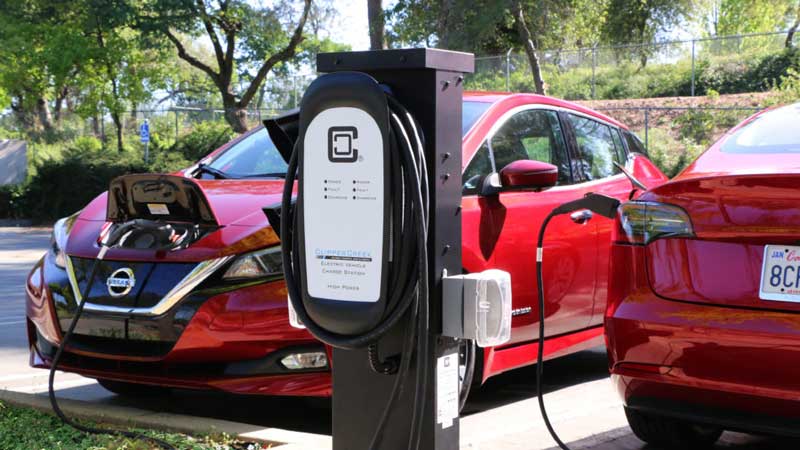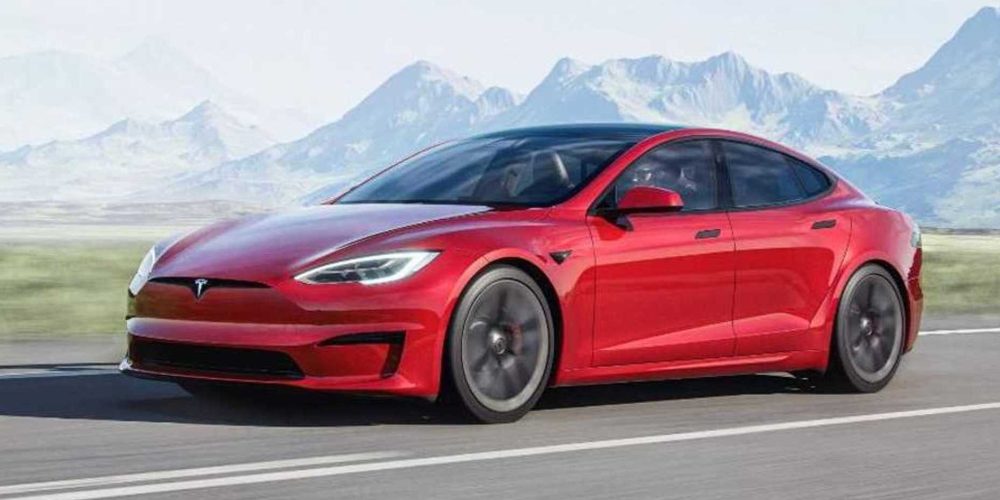According to a recent study by the University of Michigan, 90% of households in the United States would experience a decrease in the amount of income spent on transportation energy, as well as a reduction in greenhouse gas emissions, if they were to switch to electric vehicles.
The study also revealed that households in certain areas could potentially save over $600 per year on transportation energy costs by purchasing a new EV. However, the study also highlighted that low-income households may still face significant transportation energy burdens with EV ownership.
According to a study, 8.3 million low-income households in the US would still struggle with high transportation energy costs. Reasons for this include reduced battery performance in cold weather, reliance on fossil fuel-based electrical grids, and high electricity prices.
The US Transportation Department reports that the average household spent $10,961 on transportation in 2021, with the lowest income households spending a larger proportion of their income on transportation, at 27% compared to 10.4% for the highest income households.
“Our analysis indicates that future grid decarbonization, current and future fuel prices, and charging accessibility will impact the extent to which EV benefits will be realized, including lowering transportation energy burdens for low-income households,” said study senior author Greg Keoleian, director of U-M’s Center for Sustainable Systems.
The study omits the cost of acquiring a vehicle. Generally, electric vehicles tend to be more costly than vehicles that run on gasoline. In August, the government increased a tax credit of $7,500 for buying an electric vehicle, and added a new $4,000 tax credit for used electric cars, however, the credits come with new qualifications.







